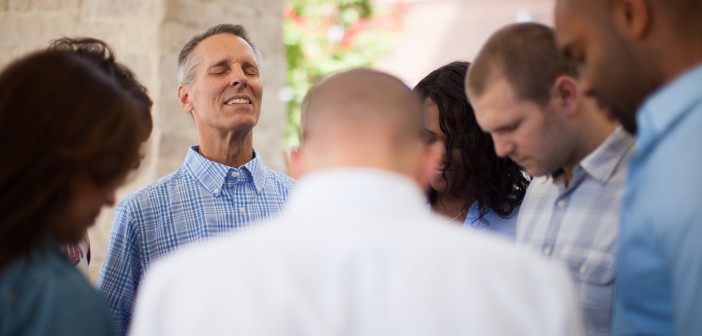While many studies report on the work of church planters, few studies examine the experience of “second pastors,” those who follow founding pastors of new congregations. The North Texas Conference of the United Methodist Church commissioned the Lewis Center for Church Leadership to study United Methodist second pastors from recent decades. We identified just over 100 second pastors. Of this number, 56 from 15 annual conferences completed an extensive survey that supplemented statistical analysis of their churches.
Second pastors need patience, self‑confidence, listening skills, thick skin, and flexibility. They need demonstrated emotional and professional maturity with self‑confidence and a clarity of call.
Some Highlights from the Study
- Second pastors are not typically transitional pastors; they stay as long on average as founding pastors.
- Second pastors overwhelmingly describe their relationship with the founding pastor as good.
- There are not wholesale staff changes when the second pastor arrives. Over 75 percent of clergy and lay staff are still in place one year later.
- A majority of the churches receiving a second pastor experienced significant conflict in the year before the pastoral change.
- Second pastors see themselves as different from their predecessors in personality and approach to ministry, but attendance is greater if the two pastors are more similar.
- Second pastors report a strong match between their personal characteristics and the culture of their new congregations, and attendance is greater if the second pastor matches the church’s DNA. Second pastors need patience, self‑confidence, listening skills, thick skin, and flexibility.
- Pastors become second pastors around age 40 on average.
Possible Implications for Selecting Second Pastors
- Do not look for transitional pastors unless extraordinary circumstances call for that. Recognize that the second pastor is going to be there for a while, and the church will continue to grow.
- Look for someone a bit older than most new church planters, but not too old. An age in the range of 38 to 42 seems to be ideal.
- The second pastor needs demonstrated emotional and professional maturity with self‑confidence and a clarity of call.
- The skills needed for the second pastor are similar to and different from those needed by the founding pastor. Both require energy, vision, and a passion for people experiencing new life in Christ. Second pastors need to be good at ensuring that ministry systems are in place and are built around teams and not just the pastor.
- Since attendance grows better the more similar the founding and second pastors are, perhaps the second pastor needs to be somewhat different but not radically different. However, sending a second pastor whose approach to ministry is congruent with the culture of the new congregation is essential.
The complete report at this link Second Pastors Report 2010. Contributors to this study included Joe Arnold, research manager of the Lewis Center for Church Leadership, and Donald R. House, Ph.D.






